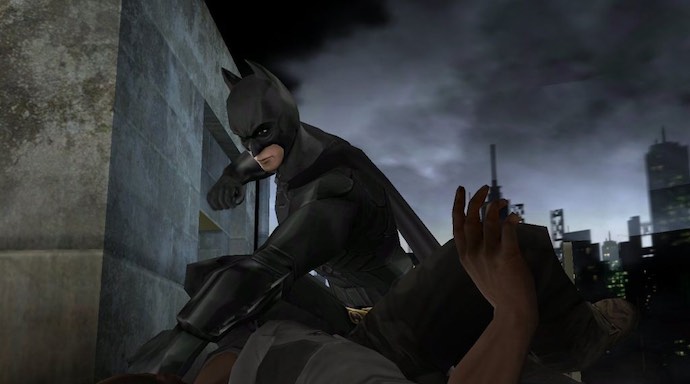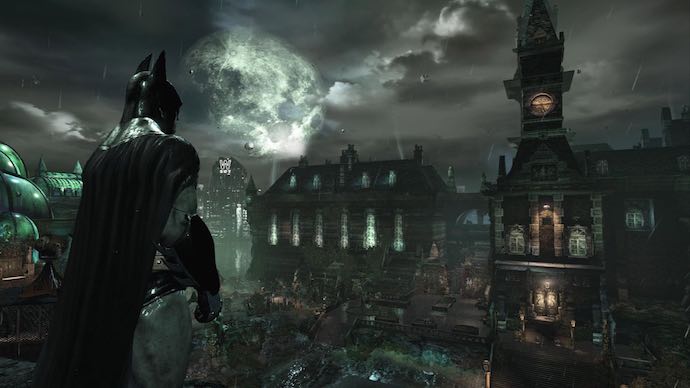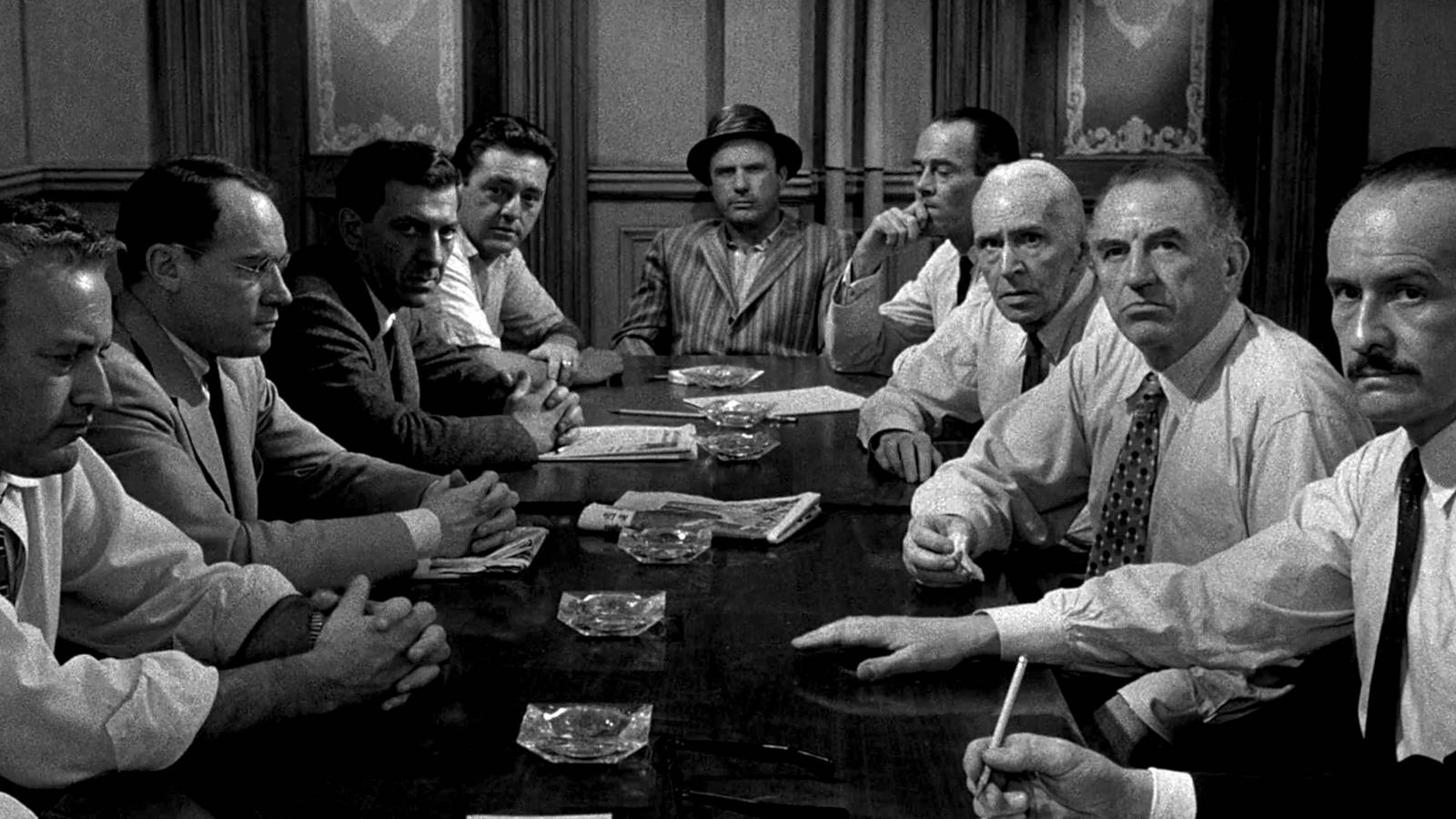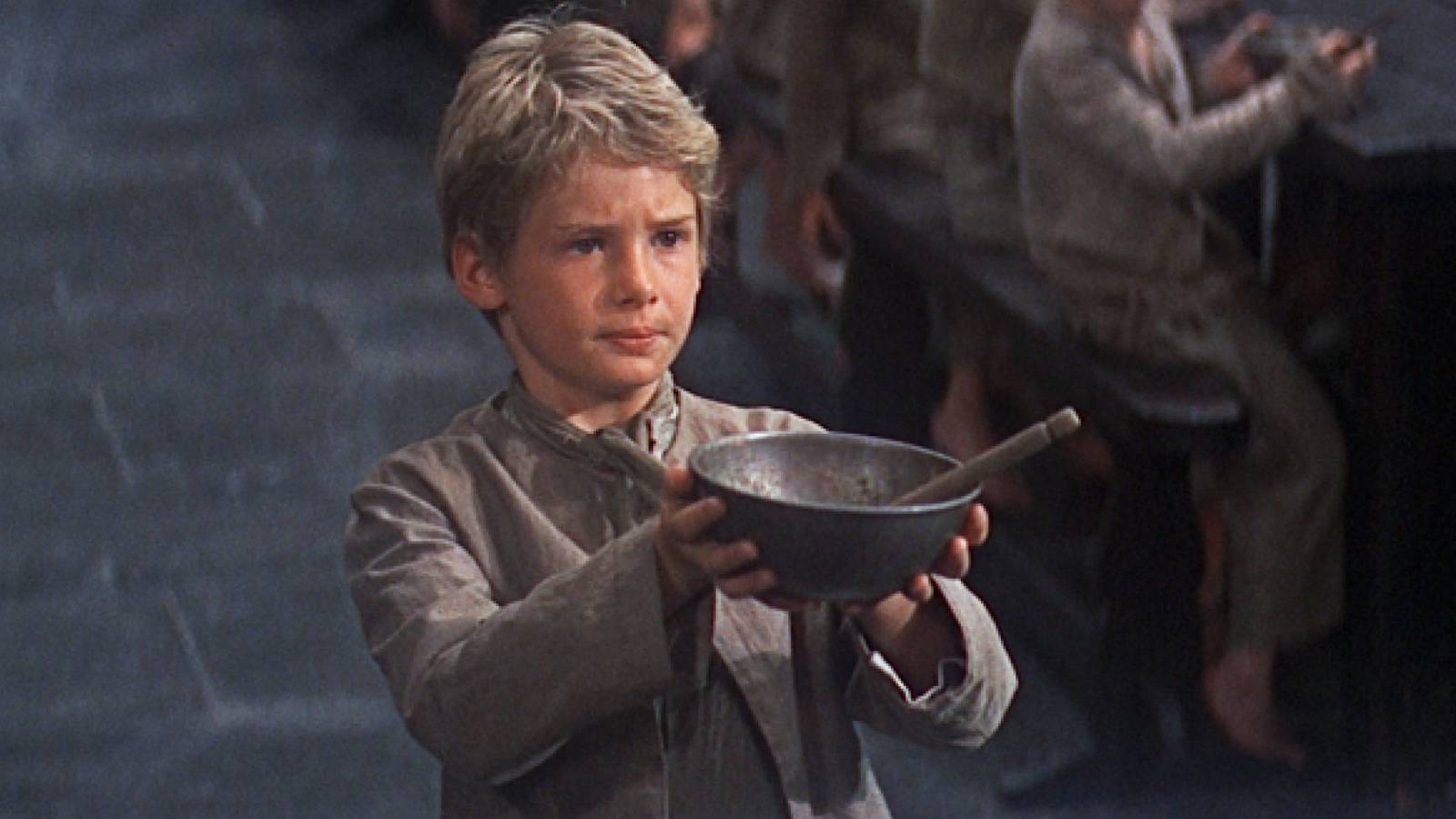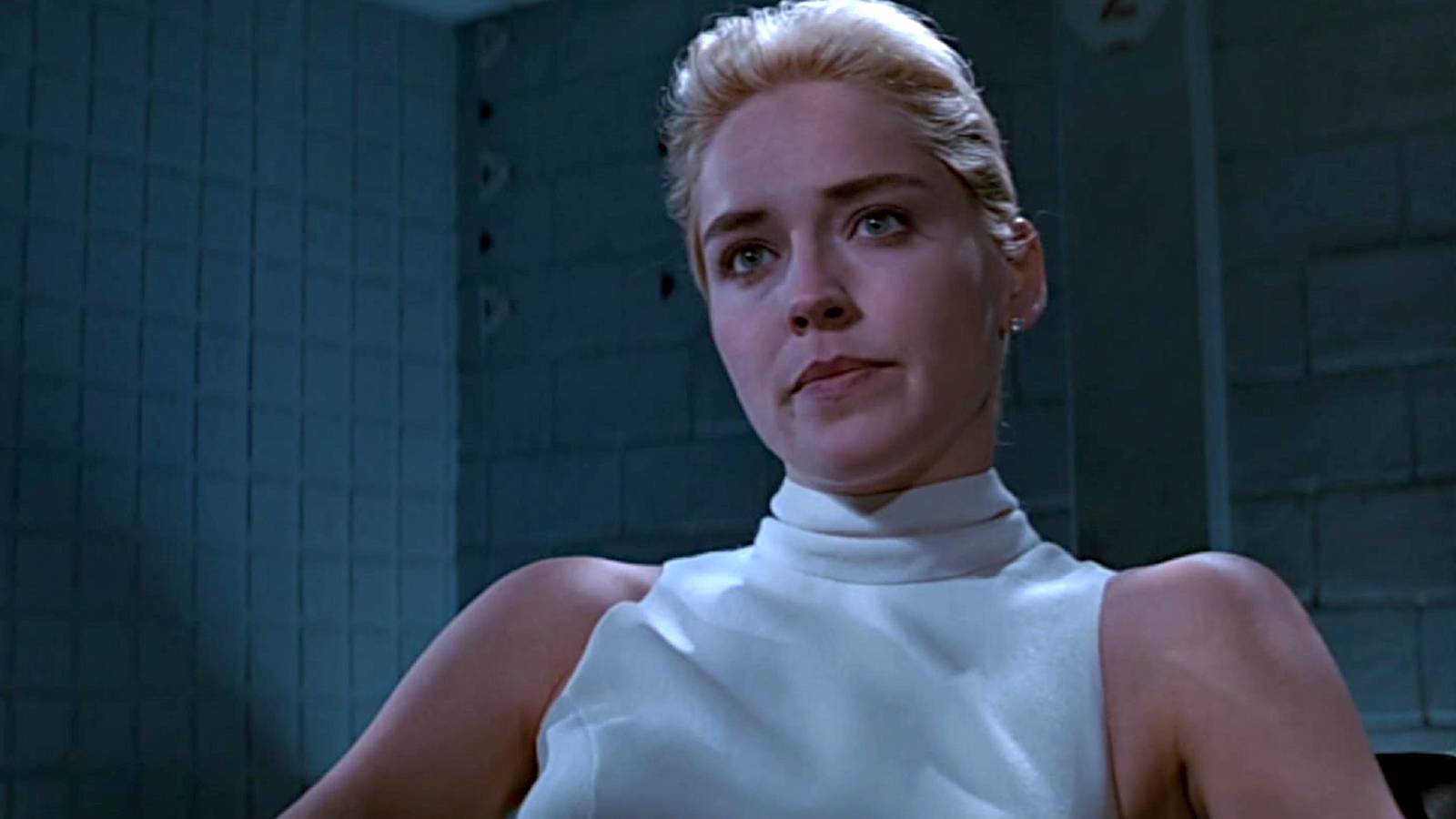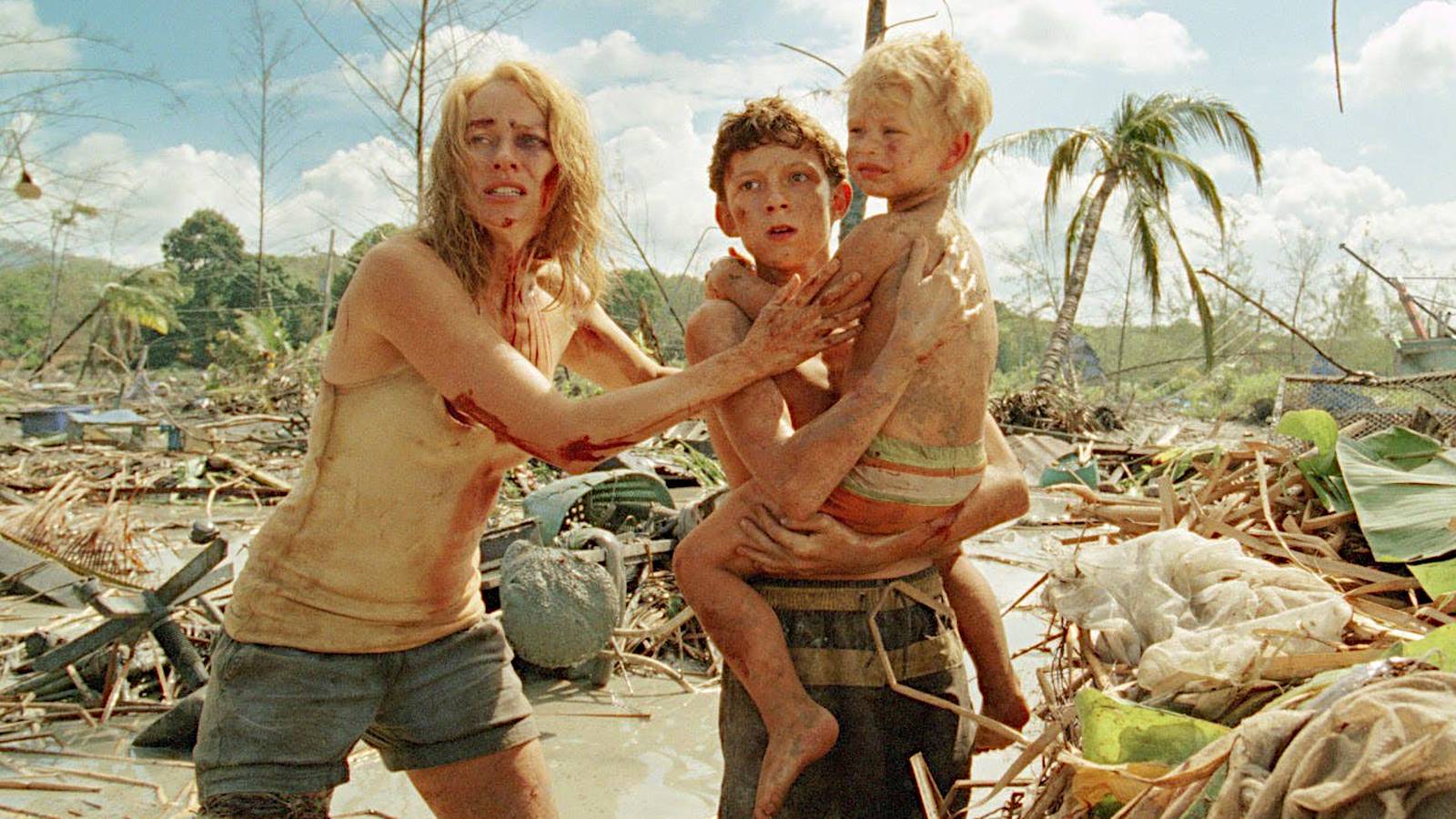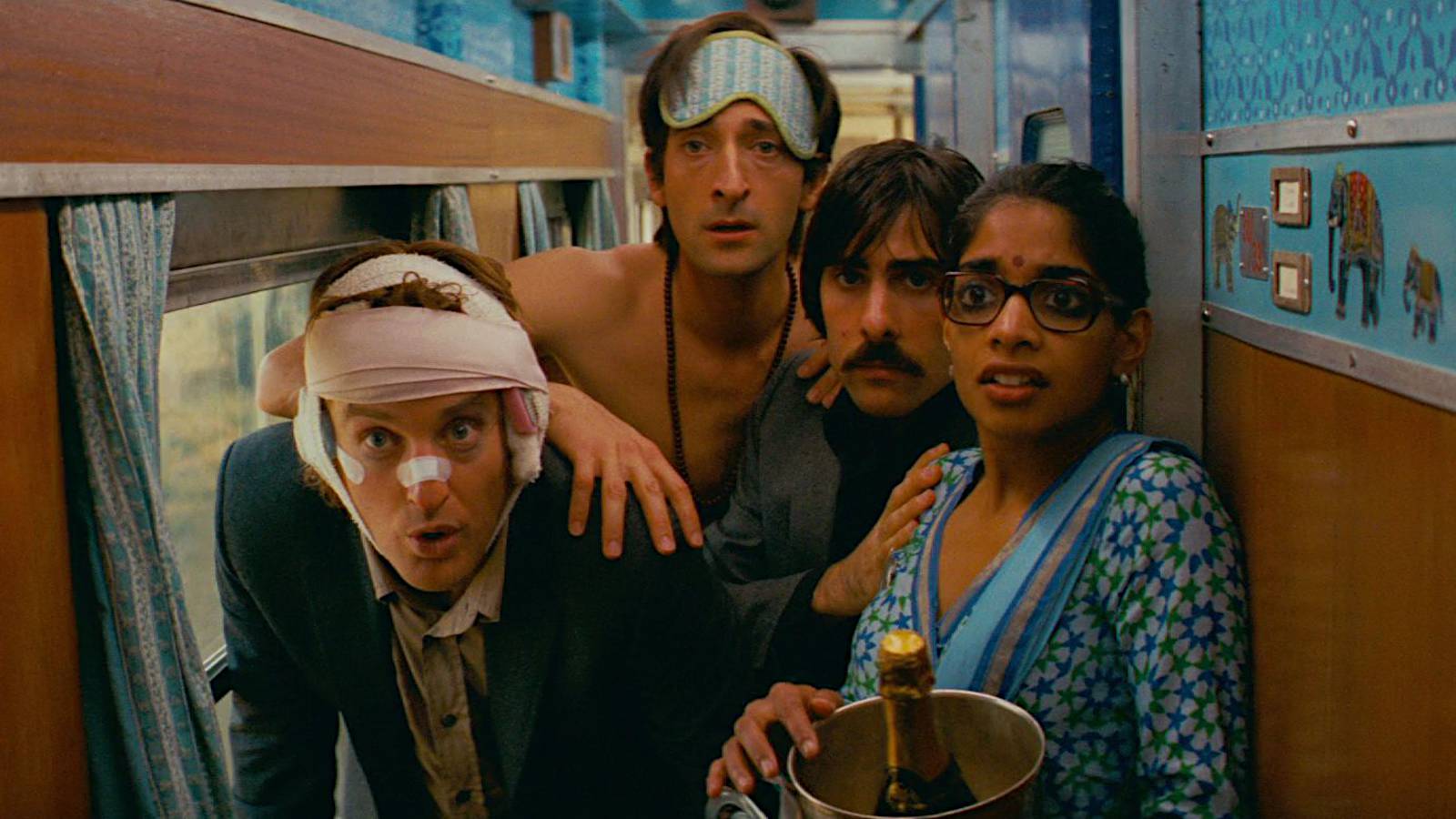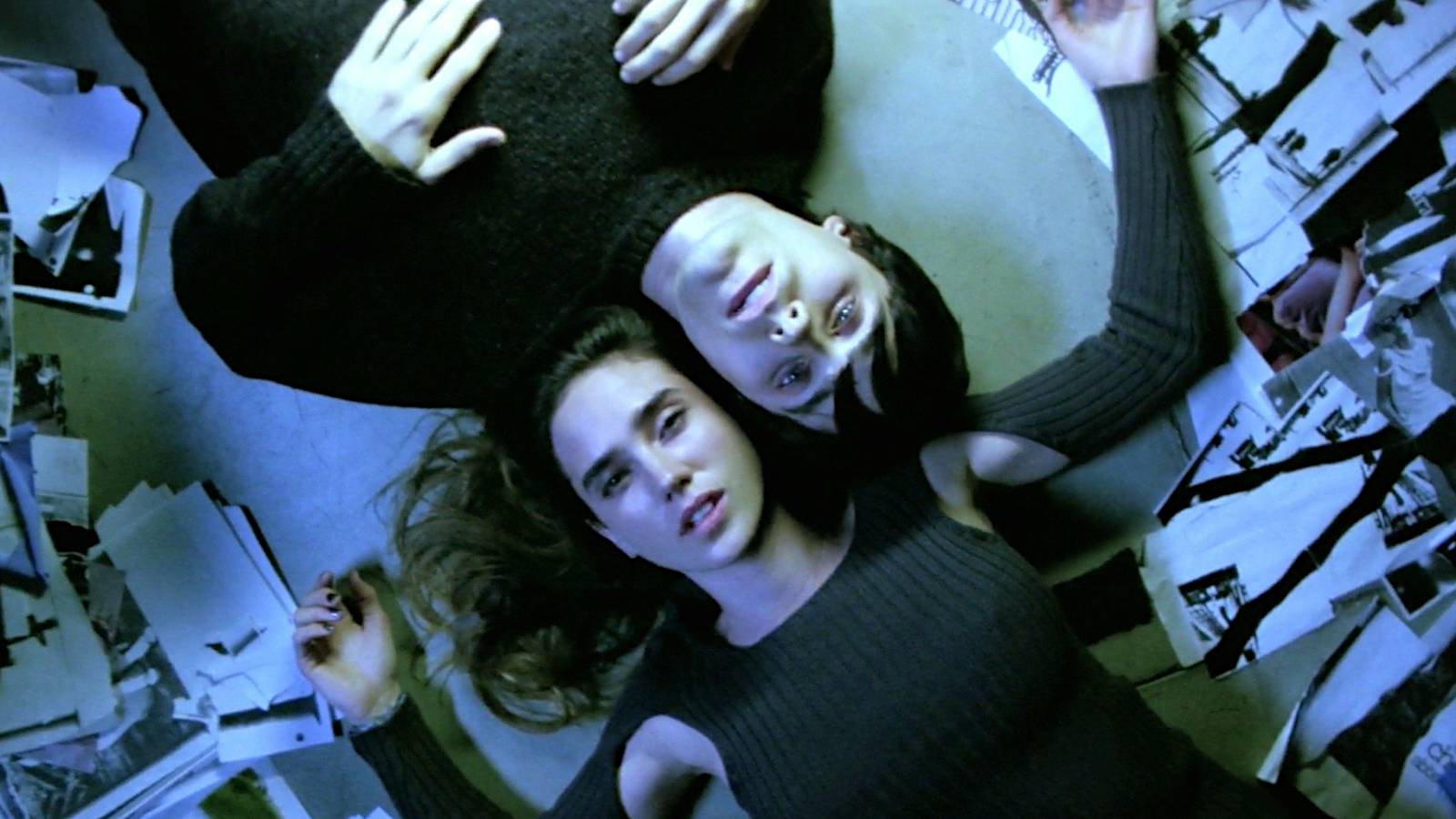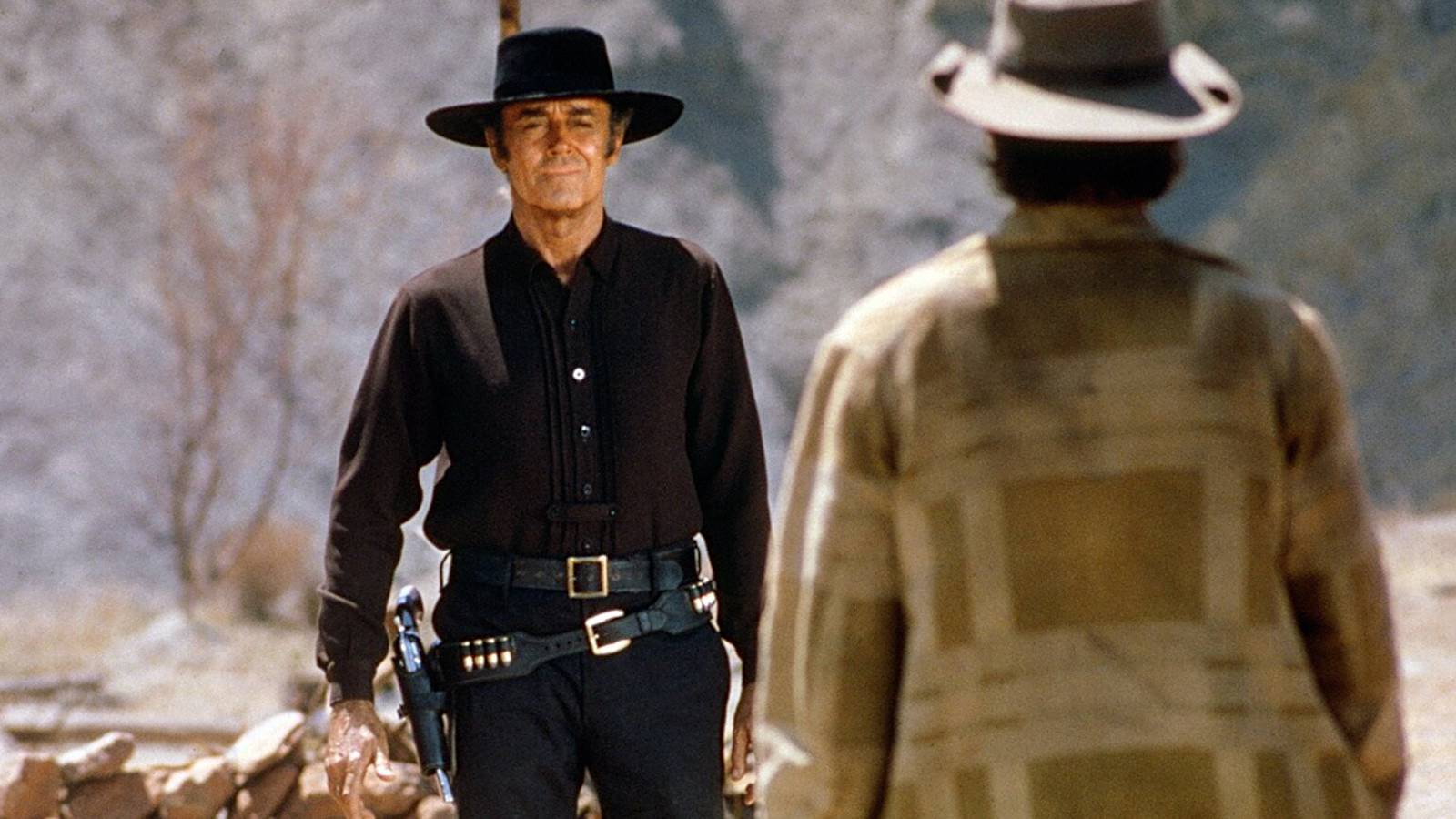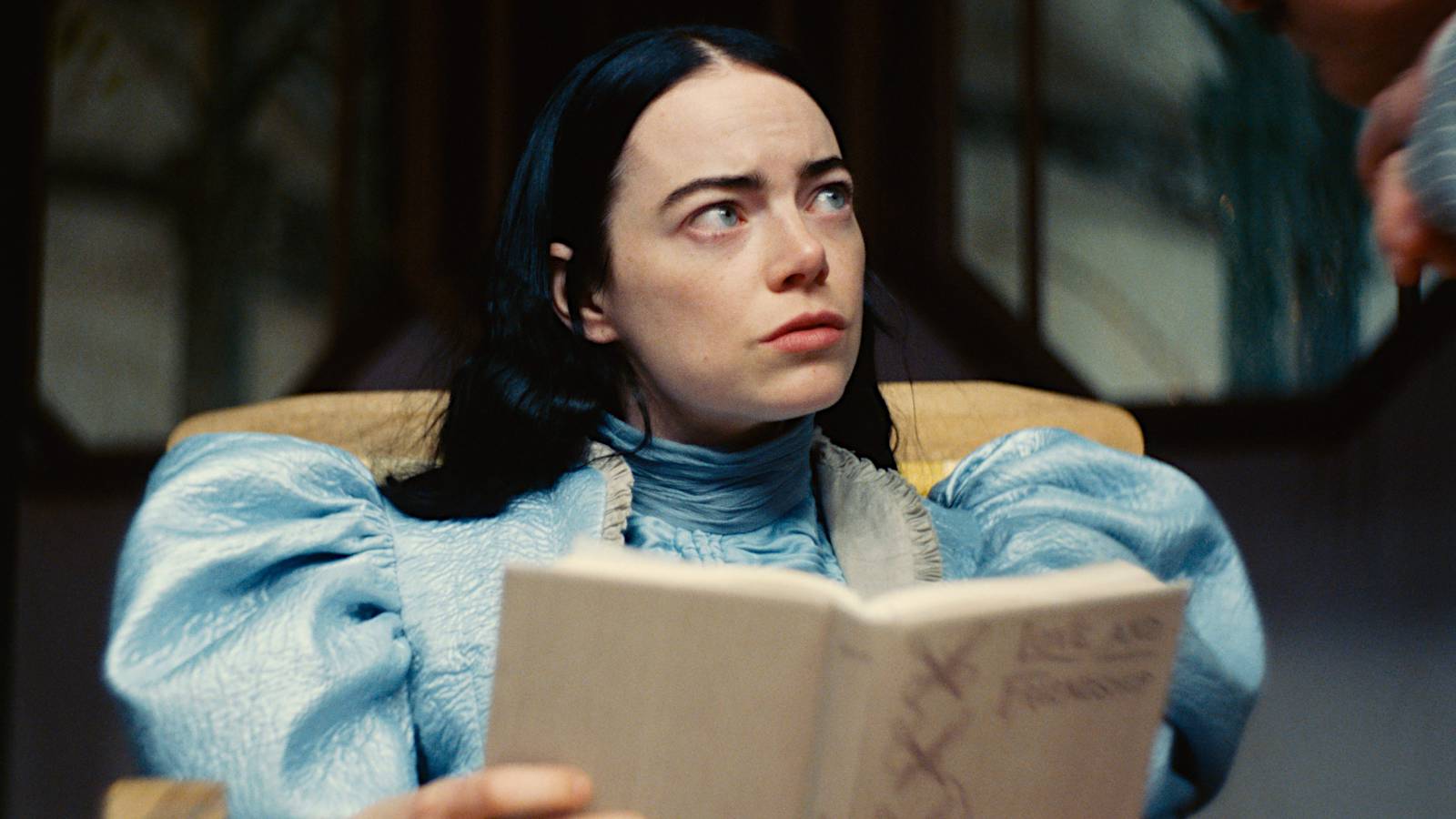1. Developers Wanted Creative Freedom
If there’s one thingallcreative people want, it’s unhindered freedom to execute their own creative vision. Of course, when you’re working with a huge Hollywood company, you don’t have much of that—the video game has to be made to their demands, within their constraints.
It was around this time that the video game industry began proving itself as its own art form, as more than just a time-killing hobby for children. With the advent of deeper narratives, better graphics, and innovative gameplay, game developers had their own stories to pursue.
And as younger game developers pushed harder for their own ideas to be heard, the popularity of video game tie-ins waned and the connective relationship between cinema and gaming faded.
If you’re old enough to remember, 2004’sSpider-Man 2was the crown jewel of video games based on movies. Then, with the release ofSpider-Manin 2018, the circle was complete.
Video games no longer have to base themselves on the ideas of disconnected filmmakers who have no experience with the medium. Now, video games can be their own beasts filled with originality.
2. Gaming Audiences Have Changed
Over the past few decades, the gaming industry has evolved far more than any other entertainment medium: average age of gamers has gone up; stories and characters in gaming have matured; societal acceptance for video gaming as a hobby has improved.
All of this means that audiences now demand more from game developers. We want to play games that look better, feel more mature, impact us more deeply, and challenge us intellectually.
Gaming is no longer just a way to kill time or escape reality; we seek out experiences that are uniquely affecting and meaningful. Game developers know this and it has sparked a new kind of originality in their games.
Cinema was already its own art form for nearly 100 years at the height of video game tie-ins, and piggybacking on that industry was helpful for a little while. But now? We expect more from video games—much more than collaborations between cinema and gaming can deliver.
3. Declining Returns on Investment
To this day, kids love playing as their favorite big-screen heroes on their TVs and handheld consoles. Be it Aragorn or Spider-Man or even Olaf, nothing matches the magical feeling of such adventures.
At the turn of the millennium, it looked like this would be the ultimate path for the gaming industry, to be the complementary industry that supported the much larger Hollywood industry.
But such a tightly coupled relationship could only persist as long as both sides found it to be a profitable affair.
As we previously mentioned, gaming audiences eventually outgrew these tie-in experiences and desired experiences that went beyond retreads of cinema—which meant the money started drying up.
In fact, revenues diminished so much that Warner Brothers chose to halt development on a video game tie-in forThe Dark Knightand instead have Rocksteady Studios focus onBatman: Arkham Asylum. It was the beginning of the end for movie-based video games.
And, as a side note, given how iconicThe Dark Knightremains as a movie in retrospect, any sort of video game tie-in would have likely sullied the legacy of that film. In that light, it seems that cinema and gaming going their separate ways is best for both industries.
Related:The Best Rocksteady Video Games of All Time, Ranked
4. Games Are Too Expensive to Make
As video games have become bigger, better, and more artful, they’ve become significantly more expensive to make. In fact, some of today’s biggest AAA games cost more than some of Hollywood’s biggest movies!
And if today’s video games are already so expensive to make, just think about how much more costly it would be to involve an entire cast of world-class Hollywood A-listers, off the back of a successful film, to record more lines and possibly do motion capture.
The expenses would be astronomical. And pointless.
We don’t need blockbuster casts to half-heartedly record lines for video games anymore. It’s far more impactful to involve voice actors whowantto be a part of the project, who will come in and deliver performances that live up to the demands of creative direction.
Spending a fortune on a project can be justified if everybody is on the same page and working toward a shared vision. If it’s just for extended marketing—which movie-based video games often are—then it’s no longer a cost-effective option.
5. It’s Better to Keep Them Separate
While gaming may have once been a medium for small-form storytelling, it has grown into a behemoth of sprawling narratives—far more expansive than any single cinematic experience.
The simple fact is that movie experiences and video game experiences have diverged to such a degree that neither really has much to do with the other anymore, to the point where they’re almost incompatible now.
Just look to the vast narratives of gaming’s greatest likeMetal Gear Solid,The Elder Scrolls,Grand Theft Auto,The Last of Us,Red Dead Redemption, the list goes on. These may feel cinematic, but their stories reach far beyond the limits of a traditional film. The medium itself is wholly different.
Rather than trying to mold video games to tie into movies, we’re all better off if they stay separate and go their own paths. Some stories are better told as films while others are better for video games; let each story go to the medium its best suited for.
The era of the video game tie-in is long gone now. And, truth be told, nobody has really cared too much about it.



![]()



